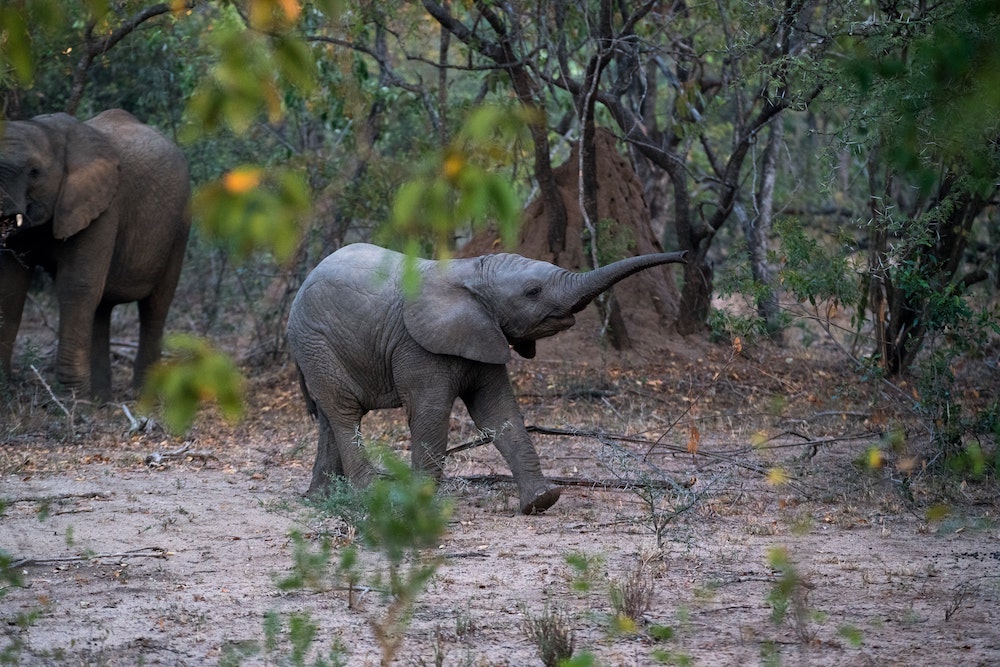For many people, elephants are a powerful symbol and a natural wonder. To them, the need to save elephants from extinction is clear: elephants are majestic and highly intelligent animals. But for other people unmoved by the self-evident value of elephants, there is the fact that elephants are a keystone species that play a major role in biodiversity of ecosystems. A recent study reveals another critical benefit to keeping elephant populations thriving: elephants help rainforests capture more carbon than they would otherwise.

A new report by researchers at Saint Louis University states that African forest elephants help create better carbon sinks by eating light wood (low carbon density trees) and making way for heavy wood (high carbon density trees). Light woods grow faster and block the sunlight for high carbon density trees. Elephants feed primarily on these light woods, which are more palatable. On the other hand, elephants eat the fruits of the high carbon density trees and distribute their seeds through large distances. These seeds end up growing into some of the largest trees in the forest.
The effect of elephant “gardening” is huge. The rainforests of central and west Africa—the second largest in the world—would lose 6–9% of their ability to capture carbon if elephants were to go extinct.
Study authors hope that this fact is used to gather enough political will to protect the critically endangered elephants. Stephen Blake, a professor at Saint Louis University and a senior author, said: “The argument that everybody loves elephants hasn’t raised sufficient support to stop the killing. Shifting the argument for elephant conservation toward the role forest elephants play in maintaining the biodiversity of the forest, that losing elephants would mean losing forest biodiversity, hasn’t worked either, as numbers continue to fall. We can now add the robust conclusion that if we lose forest elephants, we will be doing a global disservice to climate change mitigation.”
This study raises a sobering alarm to protect the forest elephants of the Congo Basin and West Africa, where they have become functionally extinct in many areas. Just 100 years ago, 10 million elephants flourished across Africa. Now the number is around 415,000 (4.15%), and the forest elephant population is especially vulnerable and falling fast. While climate change and conflict with local farmers also contribute, the biggest threat to elephants remains poaching for tusks. Up to 15,000 elephants are killed each year by poachers.
The argument that Africa doesn’t have enough land or resources for these animals has never rang more false. Not only can huge numbers of megaherbivores be amply supported by Africa, their flourishing is essential for keeping the ecosystem healthy—and even for absorbing carbon from the rest of the planet.
Get more like this—Sign up for our daily inspirational newsletter for exclusive content!
__
Photo: Chris Rhoad via Unsplash




